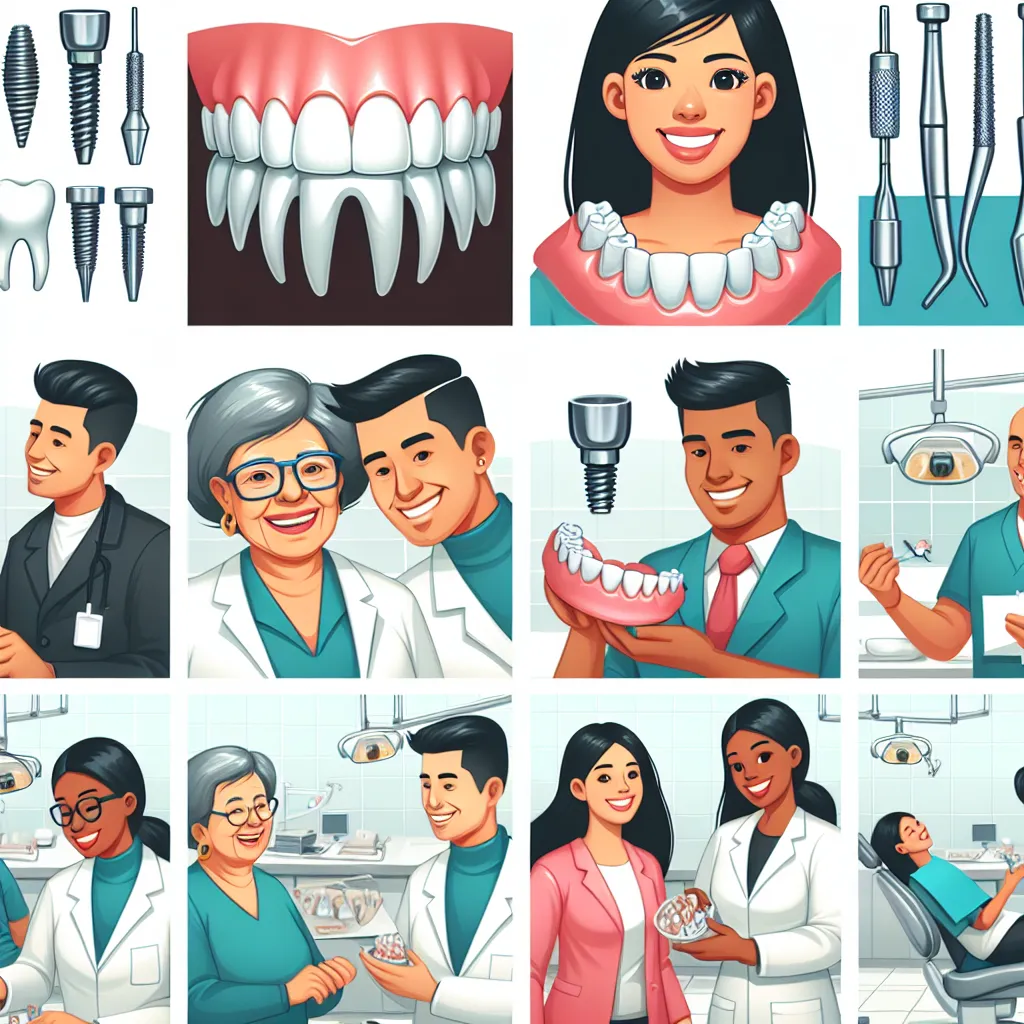Discover how dental implants for elderly can restore confidence, improve chewing, and preserve facial structure for a healthier, happier life....
Learn essential tips and insights to improve your dental health, prevent issues, and keep your smile healthy and bright every day....
Discover the pros, cons, and differences between dental implants and dentures to find the perfect teeth replacement option for you....



